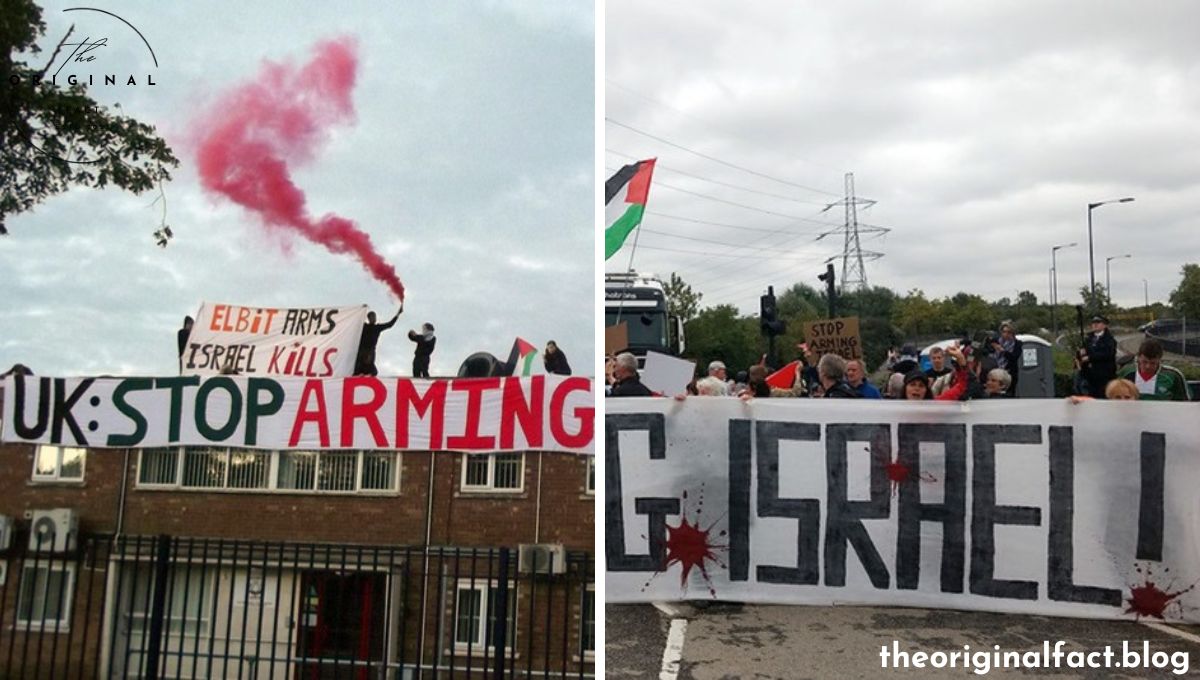UK Arms Israel
The UK has stood by its decision to halt some military supplies to Israel in the face of both positive and negative feedback. About thirty of the 350 licenses for the shipment of armaments to Israel—including fighter jets, helicopters, and drones that may be deployed in Gaza—will be suspended. It follows an announcement made on Monday as part of a larger examination of arms sales in the UK due to concerns that the weapons may be in violation of international law in the ongoing conflict.
Israeli Prime Minister Benjamin Netanyahu said the move was “shameful” and only served to embolden Hamas. Israel, he said on social media, would win the war with or without British arms. On the other hand, Husam Zomlot, the Palestinian envoy to the UK, welcomed the suspension as an “important first step” toward fulfilling the UK’s legal obligations under both domestic and international law. He further urged a full arms embargo
Despite this suspension, UK Defence Secretary John Healey had earlier said that the UK remained a “staunch ally” and this would not weaken Israel’s security. He justified this move by stating that the kind of licenses being suspended were picked out because they assisted equipment being used for offensive activities in Gaza, whereas most of the rest of the exports were clearly for defensive purposes or unrelated to the conflict.
Human rights groups also denounced the measures, among them Amnesty International UK, which called them “too limited” and accused the government of “gesture politics.” The group noted that less than 10% of arms export licenses to Israel were actually suspended and explained that the UK may still be in jeopardy of complicity in war crimes.
The timing was criticized as well because it coincided with the funerals of six hostages who were murdered by Hamas. Some people, including former prime minister Boris Johnson, claimed that the UK was “abandoning” Israel. Emily Thornberry, a former shadow foreign secretary, called the timing “unfortunate,” noting that she understood the legal reasoning behind the choice.
This action by the UK is a part of a larger global conversation over the transfer of weapons to conflict zones, as there are multiple levels of discussion regarding the obligations of nations that export weapons under international law.
Read More News: Click Here

